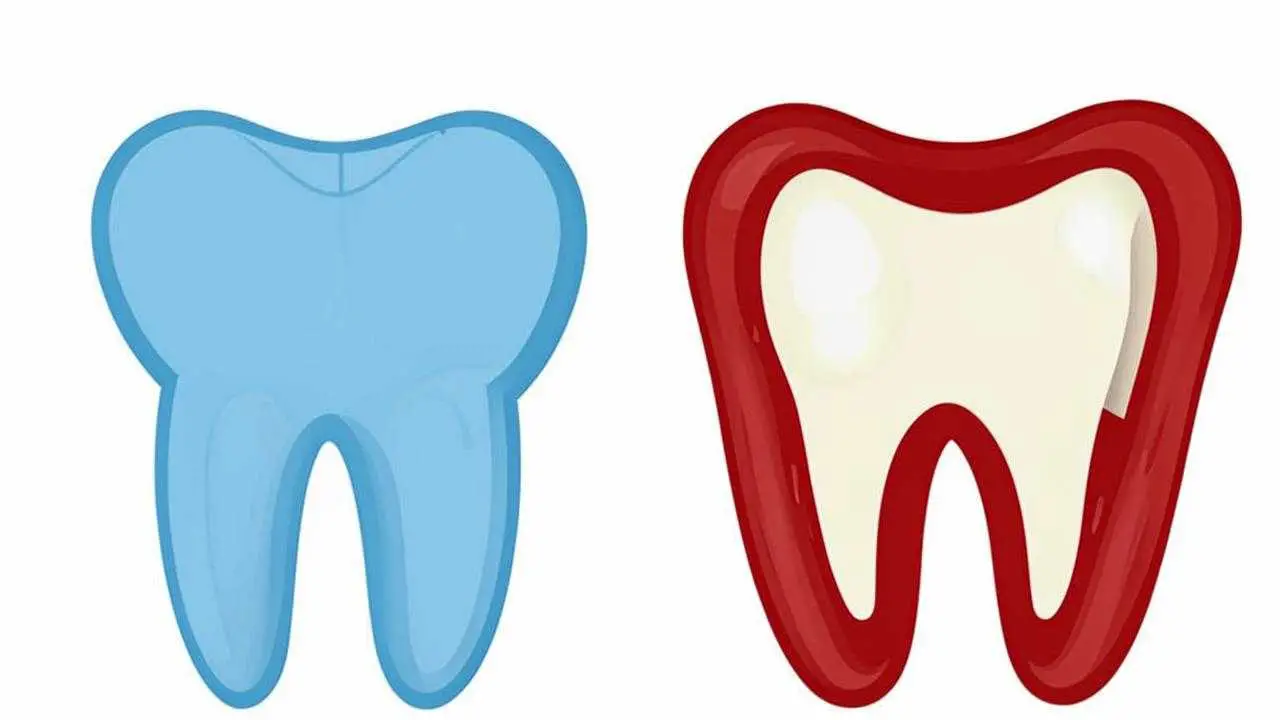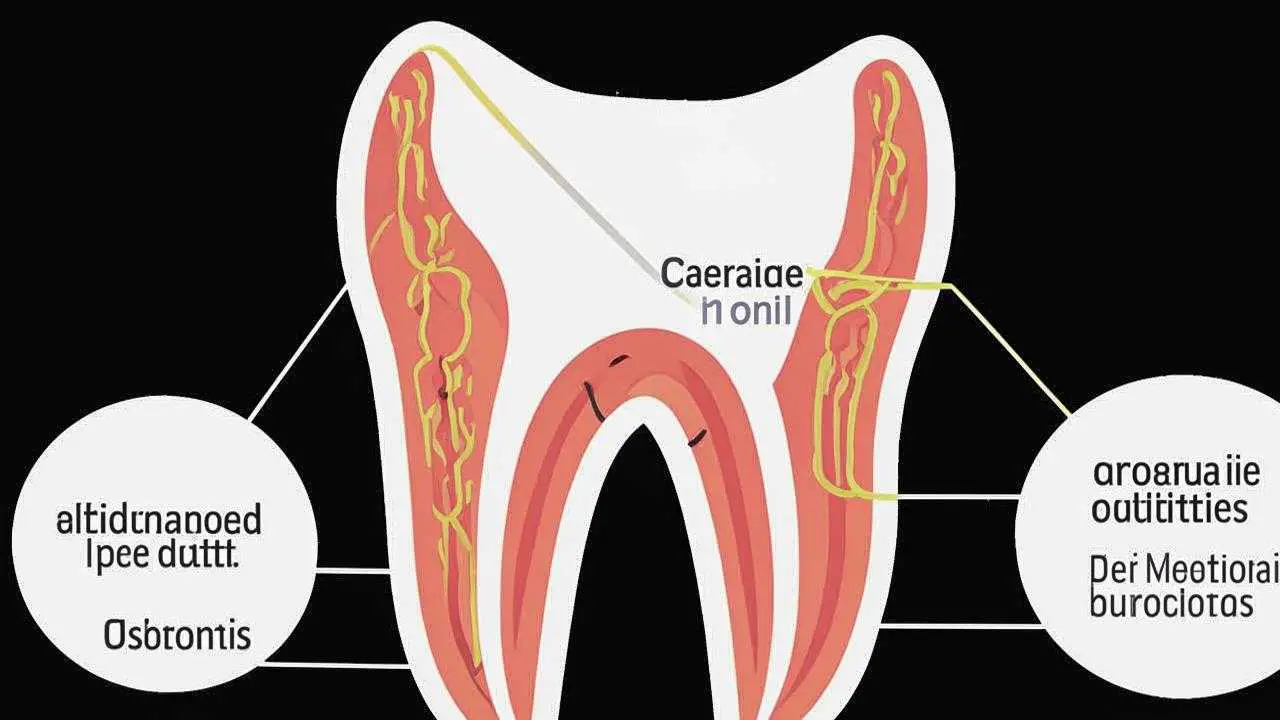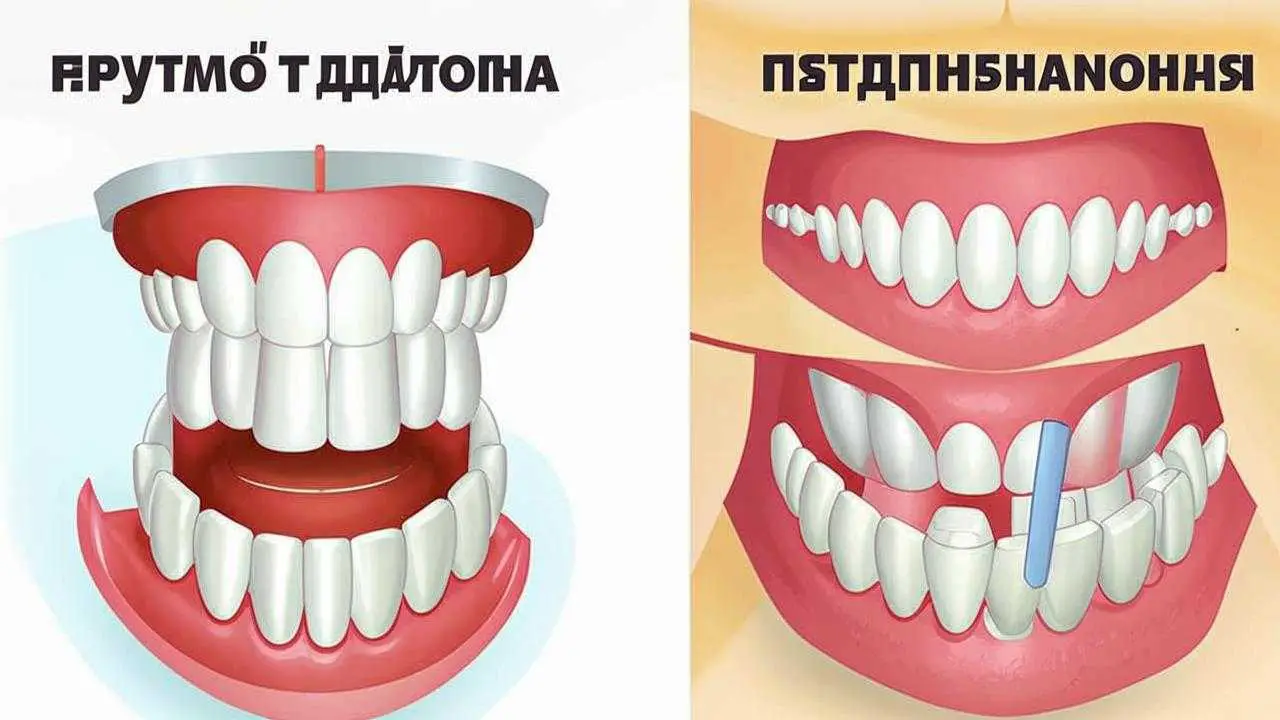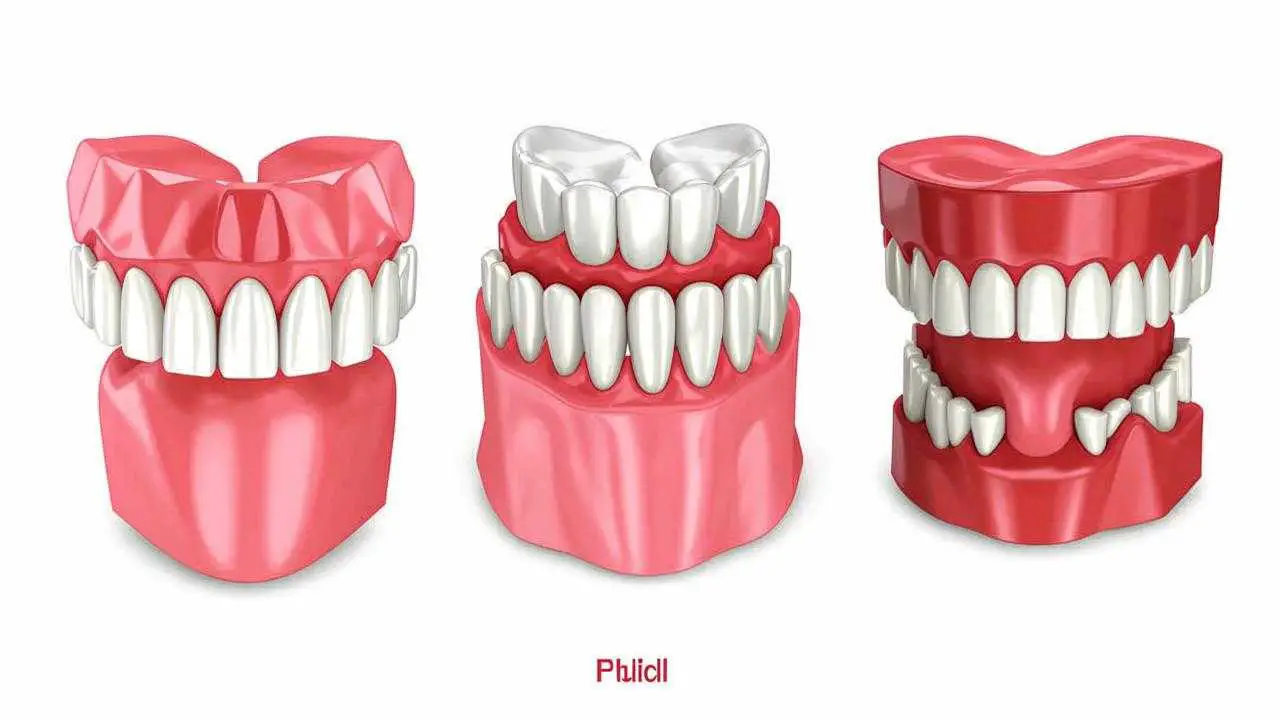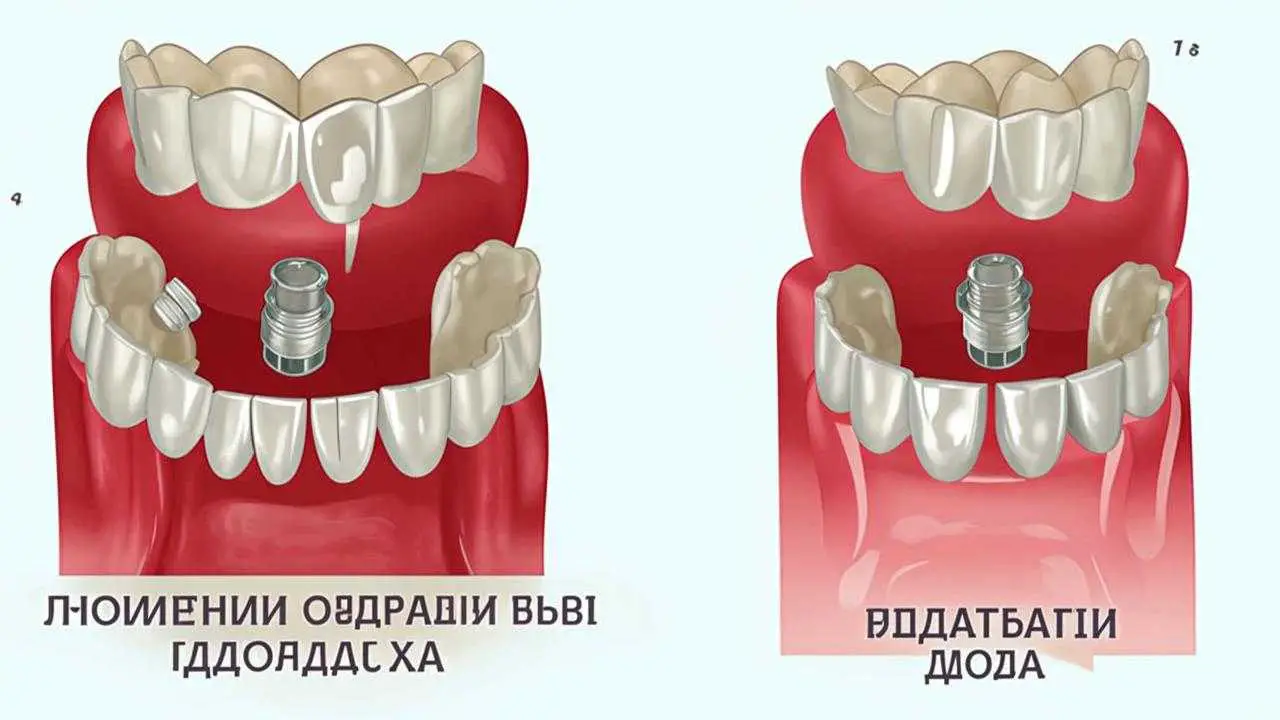We find the toothless smiles of small children adorable. This is not the case with adults. Missing teeth not only spoil the smile, they greatly reduce the quality of life. The loss of teeth changes diction, leads to a distorted facial oval. Food is not fully chewed, GI problems and jaw joint defects develop. Loss of teeth can lead to social isolation, depression, neurological disorders.
Why do teeth fall out? The causes vary, from trauma to inflammatory oral diseases.
6 Reasons Why Teeth Fall Out in Adults
1. Periodontitis (or periodontal disease)
Our teeth are more than just a root in the gum and a crown on top. The tooth is surrounded by supporting ligaments, tissues, and cementum. Healthy tissues hold the tooth securely in the alveolus. It performs all of its functions to the fullest.
Poor oral hygiene contributes to the accumulation of bacterial plaque. From there, germs penetrate the gums and cause inflammation. Periodontitis (periodontal disease) develops. In this case, there is partial or complete resorption of supporting structures. Pathological mobility of teeth develops. Periodontitis and tooth loss are closely related, and in fact periodontal diseases occupy 11 place by prevalence in the world[1].
2. Caries
The plaque that remains on teeth after eating gradually destroys tooth enamel, reaches the next layer – dentin, and then the pulp (the base of the tooth). Advanced tooth decay causes inflammation of the tissues around the root – periodontitis. Fistulas, cysts and granulomas can form. The result is loosening and loss of teeth. Tooth decay and periodontal disease are the main factors that lead to partial or complete adentia (missing teeth).
3. trauma
Have healthy teeth fallen out? В 20% of the time.[2] accidents are to blame: car accidents, falls from bicycles, injuries from sports. The World Health Organization considers trauma to also include a bad bite[2]. It also serves to loosen teeth, and thus the risk of tooth loss.
4. common diseases
When teeth fall out, the disease that triggers it may not be dental, but general (diabetes, lupus). Any autoimmune disease lowers the immune system, turning a small inflammation into a serious problem.
5. Improper nutrition
To stay strong, dental tissues need nutrients. Calcium, potassium, vitamins D and C, phosphorus, and fluoride affect dental health. Lack of vitamins and minerals weakens the tissues. Foods rich in sugars, acids, and carbohydrates have the same effect.
6. Harmful habits
In the first place is smoking. Male smokers lose their teeth 3.6 times[3] 3.6 times [3] more often than nonsmokers. Women 2.5 times.[3] Smoking provokes periodontal disease, also masks the symptoms, bringing the disease to severe stages.
In second place is bruxism. Most often, people grind their teeth in their sleep without even realizing it. The enamel is worn away, caries or periodontal disease develops.
There are more than 6 reasons why teeth fall out, but the others are not so common. You can not be without teeth for a long time, over time will develop a deficit of bone tissue, so before extraction, you need to immediately think about restoration. There are also rare diseases that can lead to tooth loss.
What to do in case of tooth loss
Ideally, avoid this condition. But if a tooth falls out or even becomes loose, you should see a dentist immediately.
He or she will make a diagnosis, look at all the symptoms, and begin treatment to prevent the loss of other teeth or to save the loose one.
Only a doctor can determine the disease that is causing your teeth to fall out and prescribe the appropriate treatment.
Treatment
Medical intervention is carried out in two directions. The doctor’s task:
- Prevent further tooth loss
- To restore the tooth row
In the first case, the treatment depends on the diagnosis. This includes professional teeth cleaning and drug therapy, as well as remineralization (replenishment of mineral deficiencies).
The second direction is prosthetics. What threatens the loss of teeth, we discussed at the beginning of the article. Therefore, the dentist’s task is to restore the chewing function and aesthetics of the smile. It is solved by applying:
- Fixed prosthetics
Bridges visually restore the tooth row, but in reality they cannot evenly distribute the chewing load. They are recommended when 1-2 units are missing. In addition, in order to place a bridge, neighboring teeth are depulped (nerve removed), depriving them of nourishment.
- Removable prosthetics
Removable dentures are used mainly in the absence of several or all teeth, and towel, in the presence of at least 6 good. If the upper teeth are missing, plate dentures are quite firmly anchored by suction to the upper palate. On the lower jaw it is more often necessary to use a special cream.
This is so far the only method that is as close as possible to natural teeth. The load on the implant stimulates metabolic processes and blood flow in the tissues. The bone tissue remains firm, preserving the facial oval and youthfulness of the smile. The load on the chewing teeth is evenly distributed. Well-chewed food does not irritate the mucous membranes. In addition, implants can be used for all types of prosthetics.
Prevention
To keep healthy teeth as long as possible, you need to eliminate the causes of tooth loss. To do this, it is enough to follow simple rules:
- Brush your teeth thoroughly but gently;
- flossing;
- have regular professional dental cleanings;
- visit the doctor at least once every 6 months;
- avoid bad habits;
- establish a balanced diet;
- use mouth guards during training or extreme entertainment to avoid situations in which a tooth falls out.
Where to go if your teeth start falling out
A clinic with strong diagnostic facilities and experienced doctors. Don’t chase low cost, but do check:
- what equipment is used to make a diagnosis;
- whether there are certificates for materials and supplies;
- qualification of doctors.
The ROOTT MDI has diagnostic, therapeutic, surgical and implantation departments. Specialists from different fields work in one place, sharing experience and solving problems in a complex. Each department uses modern equipment and innovative technologies. This is facilitated by membership in the European Open Society of Dentists.
The clinic has a customer support service, where you can contact with any question.
Come, we will restore your smile.
Sources:
[1] https://www.who.int/ru/news-room/fact-sheets/detail/oral-health
[2] https://www.who.int/ru/news-room/fact-sheets/detail/oral-health
[3] https://journals.sagepub.com/doi/pdf/10.1177/00220345970760100601
